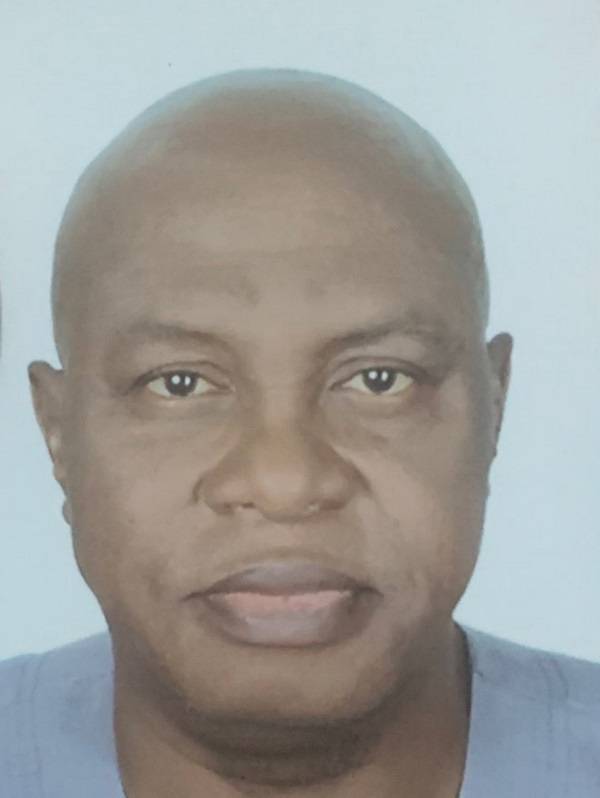
Despite the hype and anticipation for the deployment of 5G networks globally, the technology is still far from being accessible to everyone. Developed economies have put measures in place to make the services available, but developing countries in Africa and Asia are struggling to keep up.
Infrastructure deployment poses several challenges for network providers, such as high costs of equipment, routers, and devices, making services inaccessible to many at great cost.
Of the three potential network providers licensed for 5G services in Nigeria, only MTN Nigeria has pegged the cost of routers at N50,000 while the other licensees, Mafab Communications and Airtel Nigeria, are yet to announce any figure.
According to the National Bureau of Statistics (NBS) statistics for mobile phone connectivity released a few days ago, the figures as of December 2022 were pegged at 222.6 million but there was not a single mention of 5G in the assessment because none is available.
In what looked like a boost to the acceleration of deployment, the government announced a national 5G policy for network deployment last year. At the launch of the policy, President Muhammadu Buhari explained that: “The national policy includes a deployment plan to ensure that major cities across the country benefit from 5G technologies.
“The policy also seeks to make 5G a major driver of the Nigerian economy and serves as a catalyst for smart cities in the country and a platform for the creation of jobs that support the local digital economy.”
The Minister of Digital Communication, Prof. Isa Pantami stressed the importance of 5G network by listing the potential of 5G to greatly improve users’ experiences with mobile networks and real-time communications.
Commenting on the policy, he said: “The policy is designed to achieve the following, amongst others: to ensure effective deployment of 5G to cover major urban areas by 2025; to ensure the security of the 5G ecosystem and the protection of data.”
He boasted that opportunities that come with 5G are enormous and the projection of the government is enviable, but admitted that the cost required to deploy the technology across the country may pose a challenge and slow down its adoption rate.
Telecommunications regulators, the Nigerian Communications Commission (NCC), didn’t pretend about the high cost of deployment, as it noted certain challenges that may slow down the effective deployment of the 5G network in Nigeria.
In no particular order, the obstacles include a lack of 5G-enabled devices, high deployment costs, a shortage of frequencies with sufficient spectral efficiency and a limited number of trained personnel with the necessary knowledge of the technology.
In South Africa, 5G routers from Rain, Vodacom and MTN SA cost between R7,499 to R10,899 ($585). African countries face challenges in achieving their 5G goals due to spectrum regulation, commercial viability, deployment deadlines, low purchasing power of 5G smartphones and expensive internet.
Governments remain optimistic that 5G will bring improvements to agriculture, autonomous cars, smart homes and cyber security, potentially contributing $2.2 trillion to Africa’s economy by 2034.
Although 5G has been available in South Africa for over three years, sign-up costs remain high. Rain was the first to launch 5G in South Africa, primarily providing routers for free use. 5G offers faster speeds and lower latency for households without fixed-line connectivity. By 2023, 1.9 billion people are expected to use 5G, growing to 5.9 billion by 2027.
Nigeria’s reserve bid price for the 5G network spectrum auction in 2021 was $194.7m (N75bn) and was said to be among the highest in the world, compared to countries like India and South Africa. In Egypt, for instance, the regulator provided 60MHz of 2600MHz spectrum at a reserve price of $150m per 10MHz, while the figure for India was INR4.92bn ($66.2m) and South Africa between $588,000 and $4.5m.
In South Africa, Vodacom, Rain and MTN were ordered to suspend their 5G spectrum use from November 2021 amid heavy strain on networks during the pandemic but the country earned nearly $1 billion from its long-awaited 5G spectrum auction in March 2022.
South Africa is the continent’s earliest adopter of 5G, but the country still faces teething problems that could delay its 5G goals, such as clarity on spectrum regulation, commercial viability, deployment deadlines and low citizen purchasing power of 5G-enabled smartphones and expensive internet.
Governments in Africa are optimistic that they will one day use 5G to do large-scale farming using drones, introduce autonomous cars on their roads, plug into the metaverse, activate smart homes and improve cybersecurity.
Analysts predict that 5G will drive the Fourth Industrial Revolution, with unprecedented opportunities for innovation, economic growth and social development. However, until the challenges of high costs and lack of infrastructure are addressed, the mass market may have to wait a while before enjoying the benefits of 5G connectivity.

